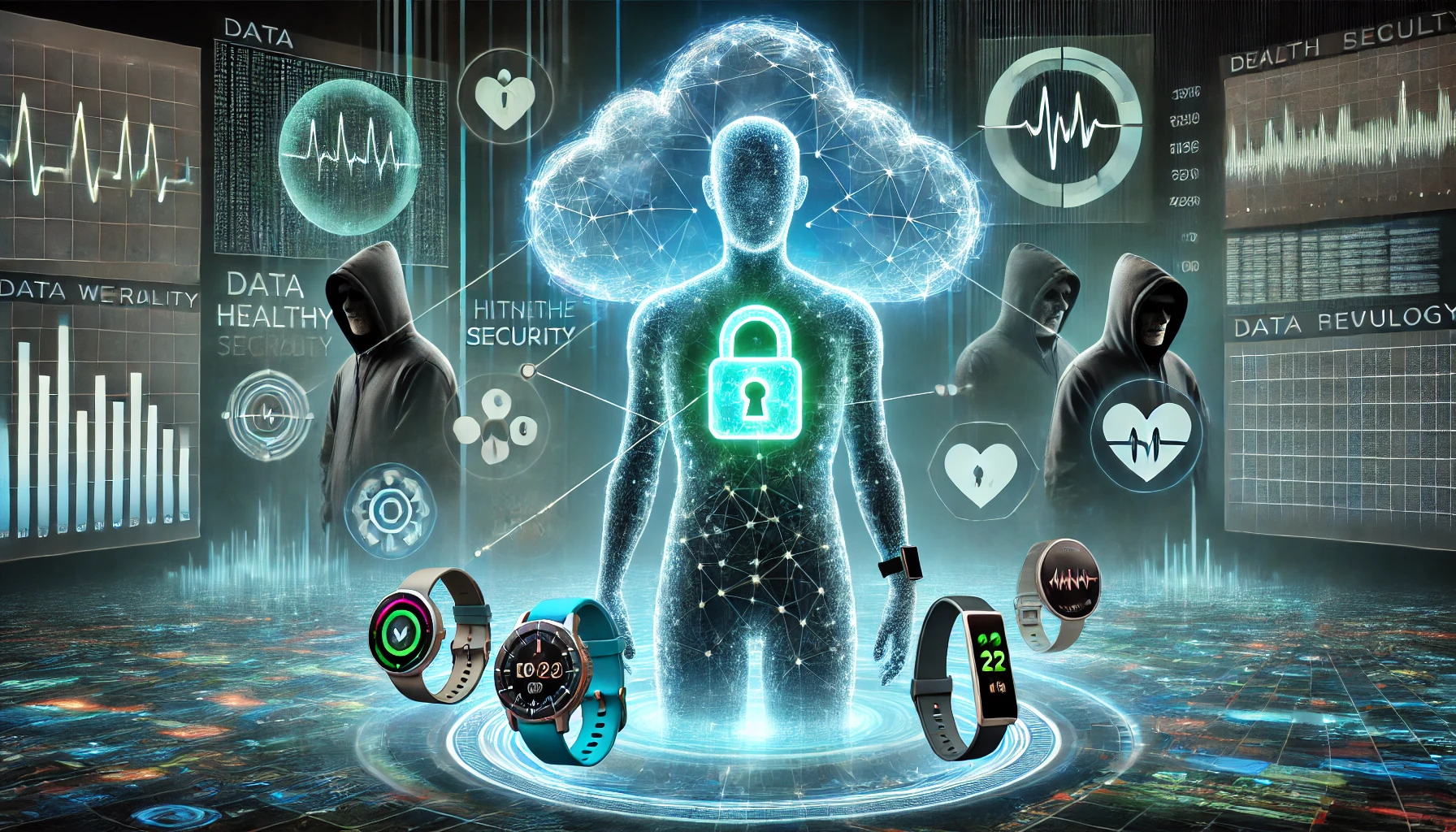Is Your Health Data Really Safe? The Hidden Risks of Wearable Tech

The Rise of Wearable Health Tech: What’s the Big Deal?
Wearable health tech is booming. From smartwatches that track your heartbeat to fitness bands that log your steps, this innovation is all around us. But what’s driving this trend? It's the promise of personalized healthcare, giving users insights into their health like never before. Whether it’s a Fitbit, Apple Watch, or a sleep monitor, these gadgets are making health tracking accessible, fun, and informative. Yet with all this convenience comes a big question: Is your data truly safe?
Data Collection: More Than Just Heartbeats
Let’s get one thing straight: Wearables aren’t just counting your steps. They’re also collecting tons of sensitive data, from your heart rate to your sleep patterns, and in some cases, even your blood pressure and glucose levels. This data can be life-saving, but it’s also a gold mine for hackers. Just think about it – your smartwatch knows more about your health than you might tell your doctor. So, while it’s cool to have a gadget that monitors your vitals, it’s also a bit unsettling to think about who else could get their hands on that info.
The Dark Side: Who’s Really Watching?
Here’s where it gets a little murky. When you buy a wearable, you’re not just purchasing a device – you’re handing over your personal data to the company that made it. And trust me, companies love data. Why? Because it’s valuable. Not just to improve the product, but also to sell to third parties like advertisers. Ever wonder why you suddenly get an ad for a new workout plan after using your fitness tracker? That’s your data at work. The problem? Not all companies are transparent about where your data goes.
Telehealth Apps: Convenience with a Side of Risk
Telehealth apps are a game-changer. No more sitting in a doctor’s office for hours – just open an app and talk to your doctor from the comfort of your couch. Sounds amazing, right? It is, but it’s also risky. These apps collect a lot of personal information, and while they promise to keep it safe, breaches happen. And when they do, your private health details could end up in the wrong hands. We’ve already seen massive data breaches in other industries – healthcare is just as vulnerable, if not more so.
Balancing Innovation with Security: Is It Possible?
The good news is that the healthcare industry is aware of the risks and is working to create better security measures. From encrypted data storage to multi-factor authentication, companies are implementing ways to keep your data safe. But the bad news? Hackers are always one step ahead. While the technology improves, the threats evolve, making it a never-ending game of cat and mouse. So, while your wearable may have the latest security features, there’s always a risk lurking in the background.
How You Can Protect Yourself
If you’re feeling nervous about your wearable tech, you’re not alone. But there are ways to protect yourself. First, always read the privacy policy before you buy any device. Sure, it’s boring, but it’s important. Look for companies that are transparent about how they use your data. Second, use strong passwords and enable two-factor authentication where possible. Finally, keep your software up to date. Companies are constantly releasing patches to fix vulnerabilities, so don’t ignore those notifications!
The Future of Wearable Health Tech: A Balancing Act
So, where do we go from here? The future of wearable health tech is bright, but it’s also a delicate balancing act. On one hand, we want more innovation, more personalized healthcare, and more convenience. On the other hand, we want our data to remain private and secure. It’s up to companies to find that balance and for consumers to stay informed. After all, your health is personal – your data should be too.
Conclusion: Are You Comfortable Sharing Your Health Data?
As wearable health tech continues to grow, so do concerns about data privacy. It’s a double-edged sword – the benefits of these devices are undeniable, but so are the risks. So, what do you think? Are you comfortable sharing your health data with tech companies, or is it time to rethink how much we trust our wearables?



